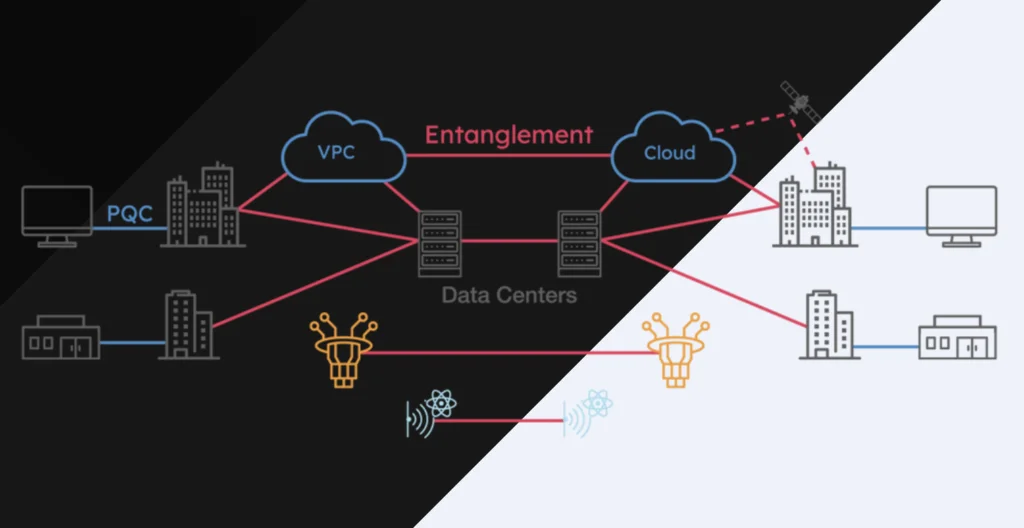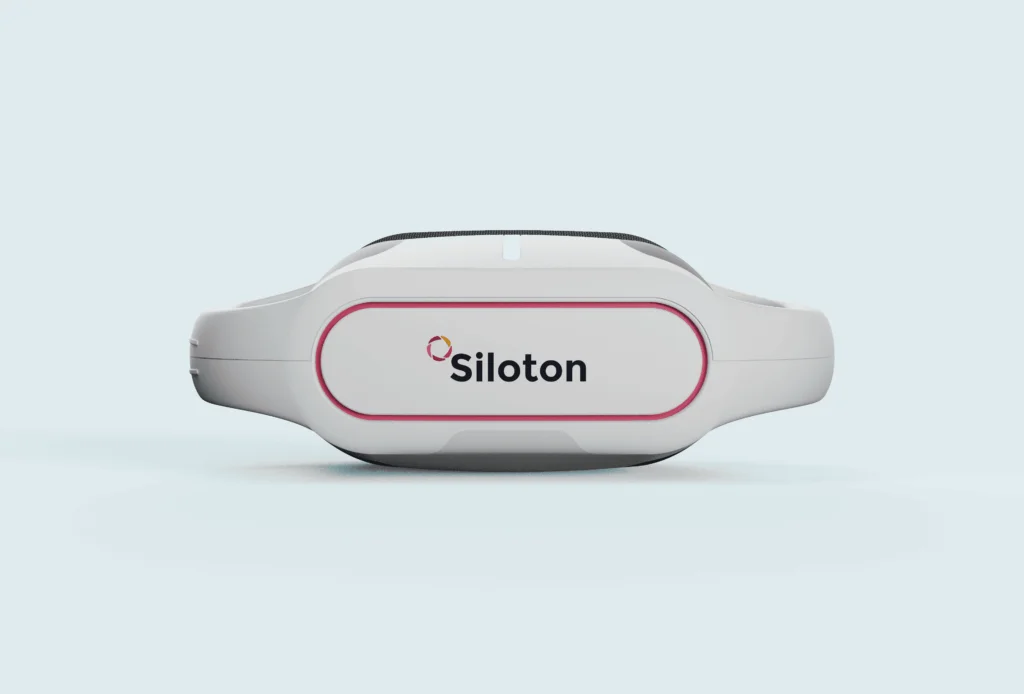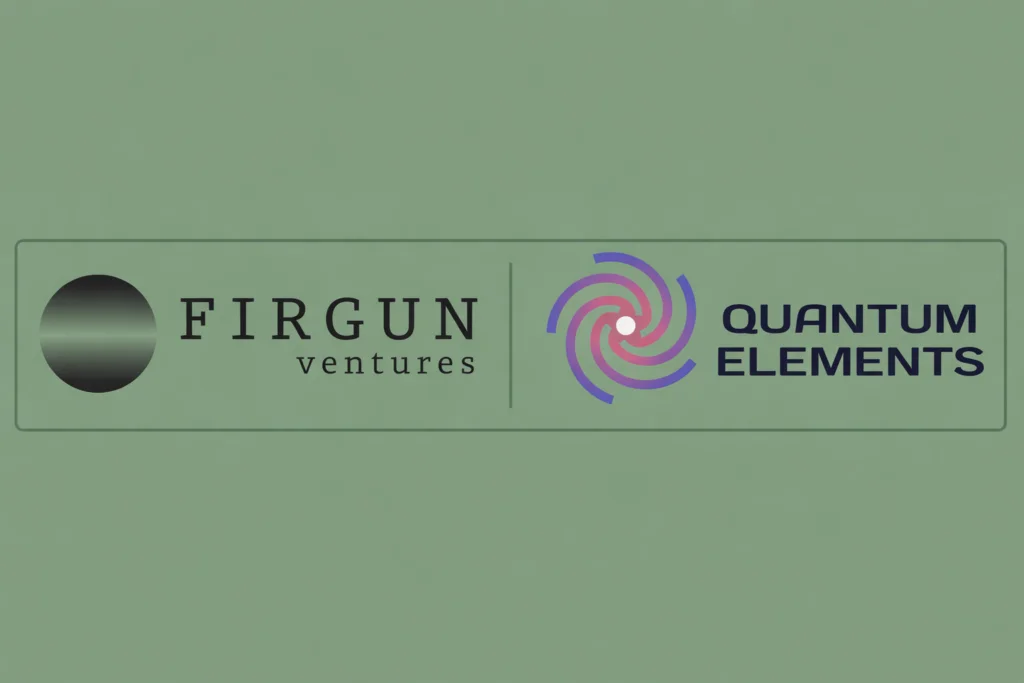
The NExt ApplicationS of Quantum Computing (NEASQC) project brings together a multidisciplinary consortium of academic and industry experts in Quantum Computing, High Performance Computing, Artificial Intelligence, chemistry and energy management, according to a news release from the organization. NEASQC aims to demonstrate that, though the millions of qubits that will guarantee fully fault-tolerant quantum computing are still far away, there are practical use cases for the NISQ (Noisy Intermediate-Scale Quantum) devices that will be available in the near future. NISQ computing can deliver significant advantages when running certain applications, thus bringing game-changing benefits to users, and particularly industrial users.
The NEASQC consortium has chosen 9 NISQ-compatible industrial and financial use-cases, and will develop new quantum software techniques to solve those use-cases with a practical quantum advantage.
“The ultimate ambition of NEASQC is to encourage European user communities to investigate NISQ quantum computing. For this purpose, the project consortium will define and make available a complete and common toolset that new industrial actors can use to start their own practical investigation and share their results.” explained Cyril Allouche, Fellow, VP, Head of the Atos Quantum R&D Program at Atos, and coordinator of the NEASQC project.
NEASQC also aims to build a much-needed bridge between Quantum Computing hardware activities, particularly those of the European Quantum Flagship, and the end-user community. Even more than in classical IT, NISQ computing demands a strong cooperation between hardware teams and software users. We expect our work in use cases will provide strong directions for the development of NISQ machines, what will be very valuable to the nascent quantum hardware industry.

The NEASQC project gathers 12 organizations from 8 European countries and is coordinated by Atos. The 4-year project has a budget of 4.67 million Euros, funded by the European Commission under the Horizon 2020 programme. It was launched on 5 October with an online kick-off meeting that virtually gathered representatives of all consortium members.
NEASQC objectives
- Develop 9 industrial and financial use cases with a practical quantum advantage for NISQ machines.
- Develop open source NISQ programming libraries for industrial use cases, with a view to facilitate quantum computing experimentation for new users.
- Build and share knowledge with a strong user community dedicated to industrial NISQ applications.
- Develop software stacks and benchmarks for the Quantum Technology Flagship
About the NEASQC project
The NEASQC project brings together academic experts and industrial end-users to investigate and develop a new breed of Quantum-enabled applications that can take advantage of NISQ systems in the near future. NEASQC is use-case driven, addressing practical problems such as drug discovery, CO2 capture, energy management, natural language processing, breast cancer detection, probabilistic risk assessment for energy infrastructures, or hydrocarbon well optimization. NEASQC aims to initiate an active European community around NISQ Quantum Computing by providing a common toolset that will attract new industrial users.
The NEASQC project is run by a European consortium that includes:
- Atos, the European number one in High Performance Computing and initiator of the first quantum computing industry program in Europe (coordinator, France)
- AstraZeneca AB, the global, science-led biopharmaceutical company (Sweden)
- CESGA (Fundación Publica Gallega Centro Tecnológico de Supercomputación de Galicia), a major Spanish public HPC centre (Spain)
- Electricité de France (EDF), the world’s leading electricity company and global leader in low-carbon energies (France)
- HQS Quantum Simulations GmbH, an SME – spinoff of the Karlsruhe Institute of Technology – that develops software for quantum mechanical material simulations (Germany)
- HSBC Bank Plc, one of the world’s largest banking and financial services organisations (United Kingdom)
- Irish Centre for High-End Computing (ICHEC), the national HPC centre in Ireland
- Leiden University, through its Leiden Institute of Advanced Computer Science that owns a renowned expertise in quantum computing algorithmics, quantum machine learning and high-performance computing (Netherlands)
- TILDE SIA, an SME that is a European leader in language technology (Latvia)
- TOTAL S.E., the broad energy company (France)
- Universidade da Coruña – CITIC (Centre for Information and Communications Technology Research), a unique research centre which promotes the advancement and excellence in R&D&I in the use of ICTs (Spain)
- Université de Lorraine, through the LORIA lab (Lorraine Research Laboratory in Computer Science and its Applications, a research unit common to CNRS, Université de Lorraine and Inria) (France)
NEASQC is one of the projects selected within the second wave of Quantum Flagship projects and will be included with the Quantum Computing Application Area. This project has received funding from the European Union’s Horizon 2020 research and innovation programme under grant agreement No 951821
For more market insights, check out our latest quantum computing news here.















